Only two names dominate the entire market when it comes to building a strong business network; these two names that pop up instantly are: TP-Link Omada vs Ubiquiti UniFi. Both of them are from platforms well known for their optimum delivery, reliability, expandability, and very cost-effective WiFi solutions, but which one of them is truly the best enterprise WiFi solution?
In this blog post, we will break down the major differences between the two, covering performance, pricing, dependability, and overall ease of use. By the end of it, you’ll know which solution better fits your business.
Why Compare TP-Link Omada and Ubiquiti UniFi?
Businesses can’t afford the risk that comes with weak connectivity. Whether you’re managing a small office, a growing startup, or a large corporate environment, choosing the perfect Wi-Fi system can directly impact your productivity and security in a positive way.
Both the UniFi and Omada are made with a specific design, mainly with a focus on enterprises in mind, offering a centralized management system, access point for adaptability that is needed in the future, and advanced features like VLAN support, guest network, and cloud control. If you’re looking for reliable business networking solutions, selecting the right platform is the first step toward building a secure and scalable IT environment.
Feature Comparison at a Glance
Here’s a quick table comparing the two platforms, Ubiquiti UniFi vs TP-Link Omada:
| Feature | TP-Link Omada | Ubiquiti UniFi |
| Management | Omada Cloud Controller (hardware/software/cloud-based options) | UniFi Controller (cloud key, software, or UniFi Dream Machine) |
| Performance | Consistent speeds with Wi-Fi 6/6E models | Excellent speeds with advanced hardware (Wi-Fi 6/7) |
| Reliability | Stable connections, budget-friendly enterprise-grade | Highly reliable, widely adopted worldwide |
| Pricing | Lower overall cost, subscription-free | Competitive but higher upfront investment |
| Adaptability | Great for SMBs and enterprises | Flexible for SMBs to large campuses |
TP-Link Omada: Affordable Enterprise Wi-Fi
Well, TP-Link’s Omada system is getting famous day by day because of its balance between affordability and enterprise-level features. It offers both on-premises and cloud management options, making it flexible for different business types with IT infrastructures.
Key Strengths Include:
- Budget-friendly without cutting corners on performance.
- Easy deployment with plug-and-play access points.
- Great for small-to-medium enterprises looking to scale.
You can explore Omada’s high-performance products, like the
These models deliver fast speeds, seamless roaming, and strong security features. When it comes to TP-Link Omada vs UniFi performance, Omada holds its ground well, especially for businesses seeking cost-effectiveness without sacrificing quality.
Ubiquiti UniFi: Feature-Rich and Reliable
Ubiquiti UniFi on the other hand, is also a very famous and trusted name globally in enterprise networking. Which is known for its very elegant designs, strong firmware, and community-driven development, UniFi appeals to IT managers who want adaptability and professional-level performance.
Key Strengths Include:
- Highly reliable with robust firmware updates.
- Wide product range covering Wi-Fi, security gateways, and switches.
- Ideal for enterprises, hotels, schools, and campuses.
Some of the very powerful ones that are popular for some reason are UniFi accessories, including the
- Ubiquiti nHD Camo Cover (3-Pack)
- Ubiquiti nHD Cover Fabric (3-Pack)
- Ubiquiti nHD Cover Marble (3-Pack).
When it comes to Ubiquiti UniFi vs TP-Link Omada reliability, UniFi edges slightly ahead due to its proven track record and strong global adoption.
UniFi vs Omada Pricing Comparison
One of the most common questions asked about both platforms is their price comparison and range. One of the biggest factors in the UniFi vs Omada pricing comparison is long-term cost.
- TP-Link Omada:
Generally, more affordable. Access points and controllers are cheaper, and TP-Link does not require mandatory subscriptions for its cloud service.
- Ubiquiti UniFi:
More expensive upfront, but offers advanced hardware features and integrations. UniFi products also come with a large support community and long-term value.
If budget is your priority and you are looking for a platform that is more cost-efficient, then Omada wins. But if your business is aiming for premium adaptability, UniFi may be worth the extra investment for he long-term achievements.
Which One Should You Choose?
Preferring between TP-Link Omada vs Ubiquiti UniFi depends entirely on your business needs and goals:
- Go for TP-Link Omada if: You’re a small-to-medium business looking for cost-effective, easy-to-place, and stable Wi-Fi solutions.
- Choose Ubiquiti UniFi if: You’re an enterprise or campus environment needing highly adaptable, feature-rich, and globally trusted systems.
If you want to learn more about setting up UniFi, check out our detailed guide on How to Do a Smooth Ubiquiti UniFi Setup for Your Network.
Final Thoughts
Both TP-Link Omada and Ubiquiti UniFi stand out as leaders in the enterprise needs and demands for Wi-Fi. Omada offers unbeatable value for budget-conscious businesses, aka new setups or the beginning of business, while UniFi delivers top-tier reliability and performance.
By the end of the day, the best enterprise Wi-Fi solution is the one that balances your business’s needs, budget, and growth plans.
Ready to upgrade your business Wi-Fi? Visit Spoglink and explore our wide range of enterprise networking products today!

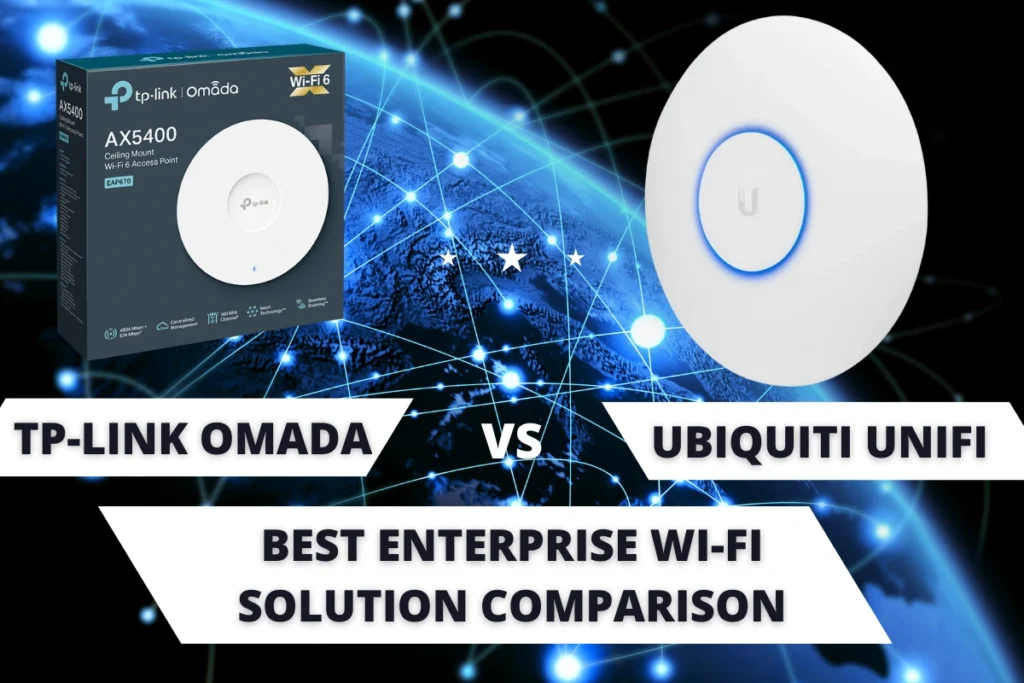
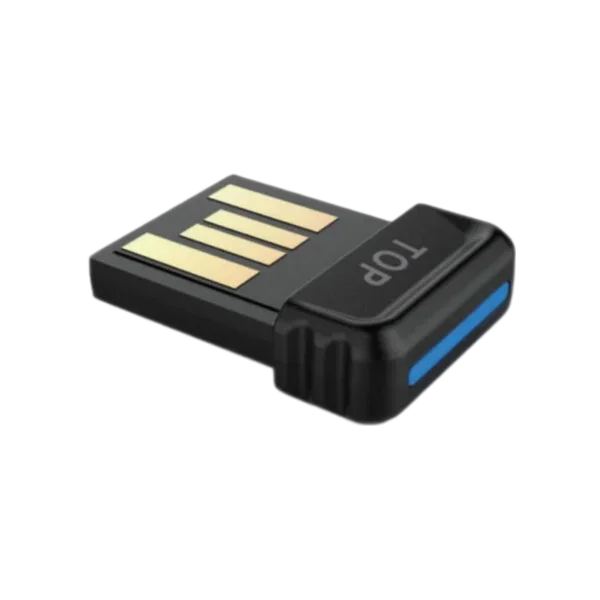
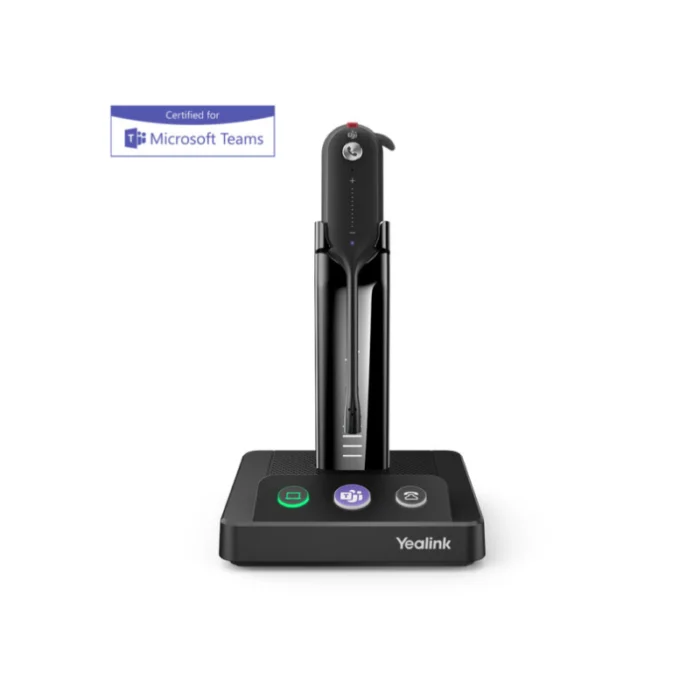
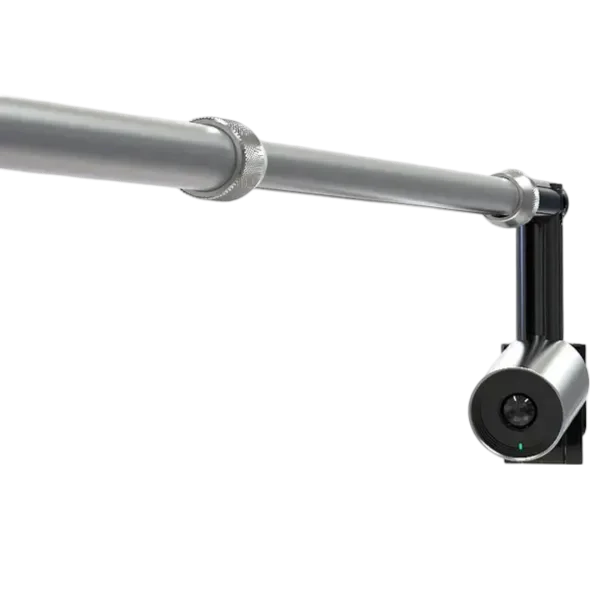

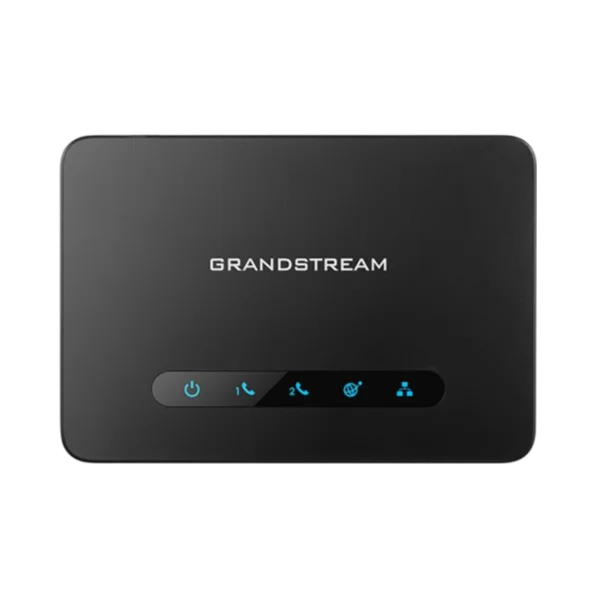
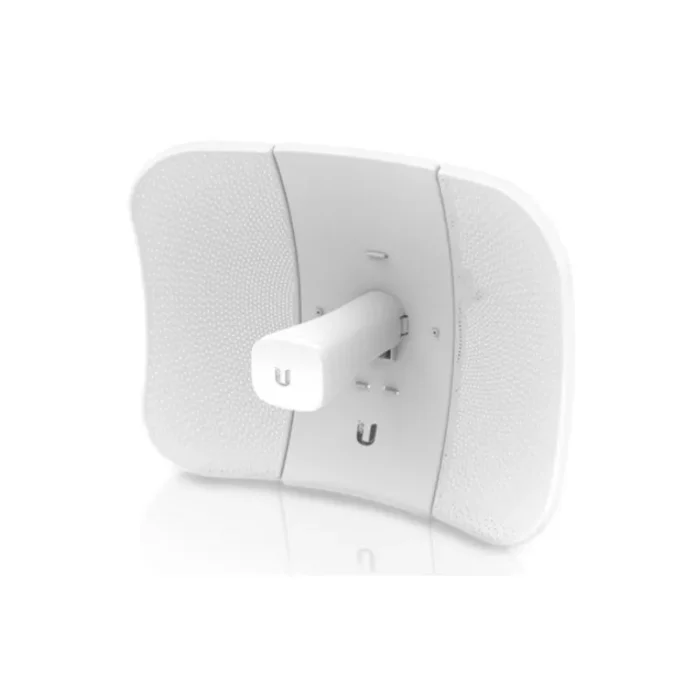
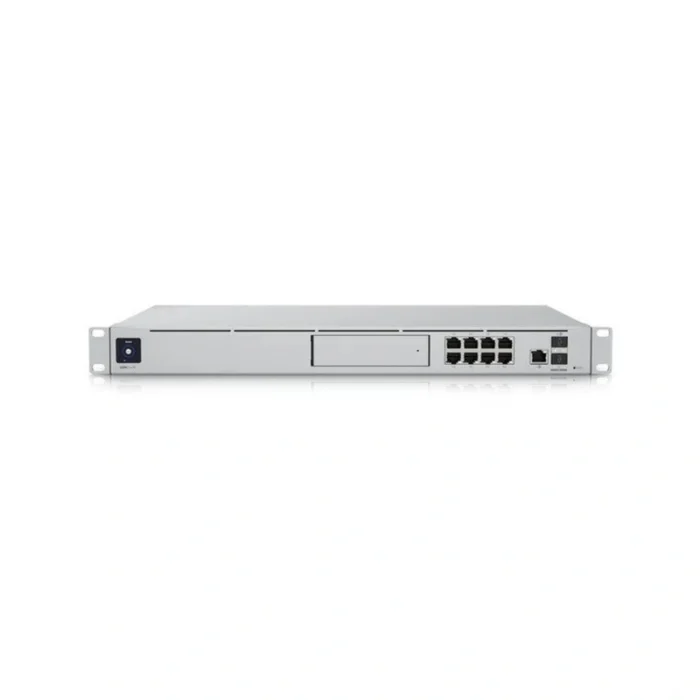






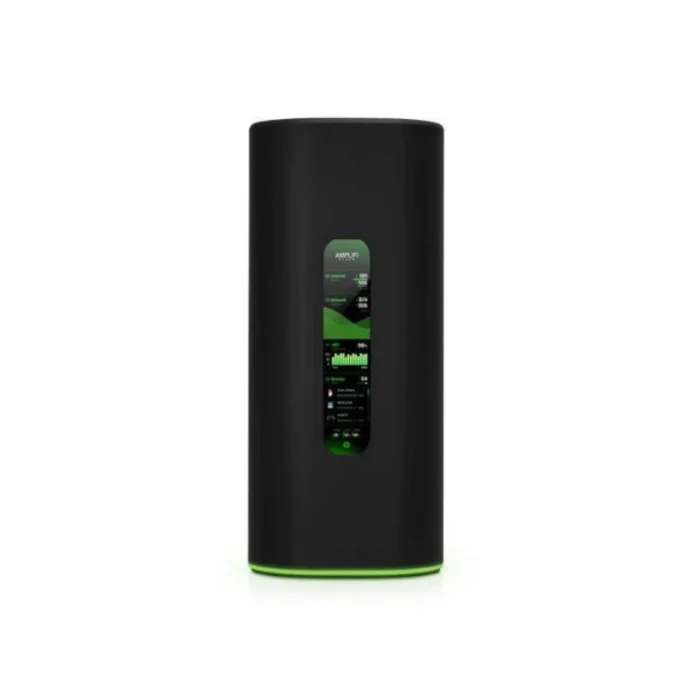 Ubiquiti AmpliFi Alien WiFi System
Ubiquiti AmpliFi Alien WiFi System  Yealink BH70 Mono UC USB-C – 1208670
Yealink BH70 Mono UC USB-C – 1208670  Grandstream GXP1610P
Grandstream GXP1610P 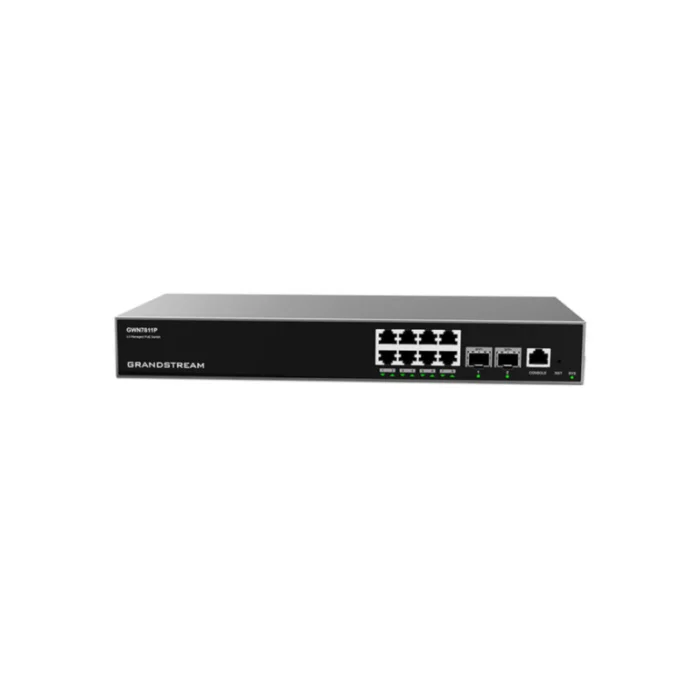 Grandstream GWN7811P
Grandstream GWN7811P 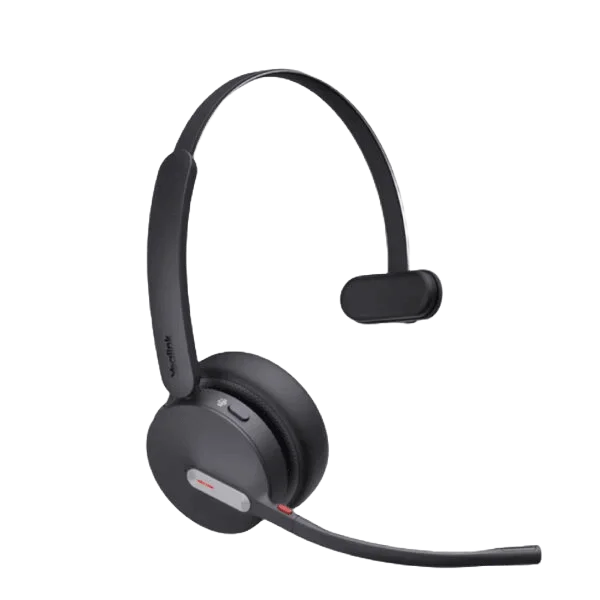 Yealink BH70 Mono Teams USB-C – 1208668
Yealink BH70 Mono Teams USB-C – 1208668 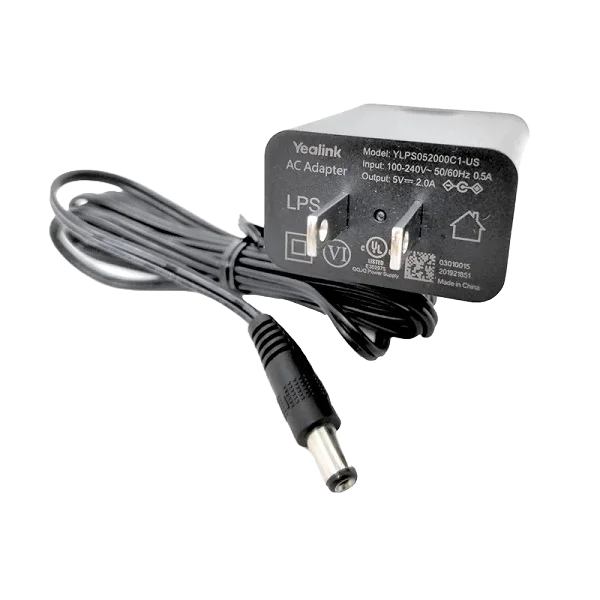 Yealink 5V 2A Power Supply – 330000012027
Yealink 5V 2A Power Supply – 330000012027 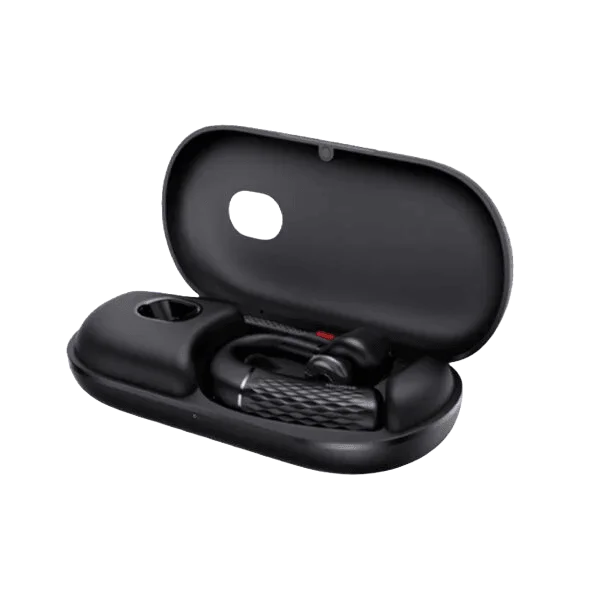 Yealink BH71 v1 – 1208651
Yealink BH71 v1 – 1208651 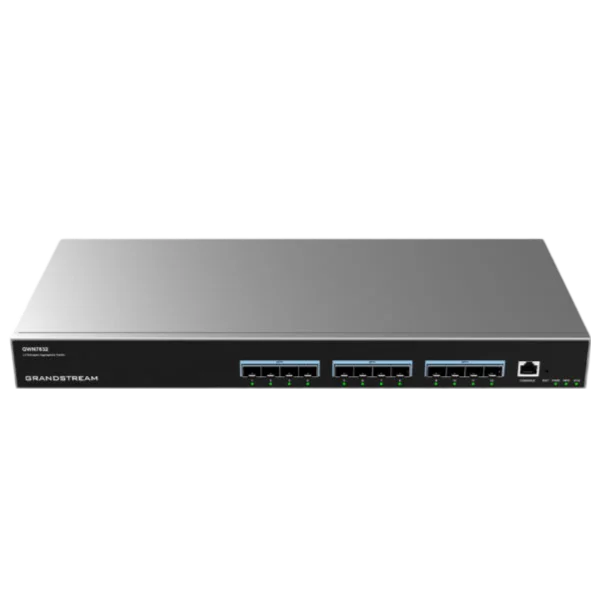 Grandstream GWN7832
Grandstream GWN7832  TP-Link TL-POE170S
TP-Link TL-POE170S  Yealink A10-020 – 1203684
Yealink A10-020 – 1203684 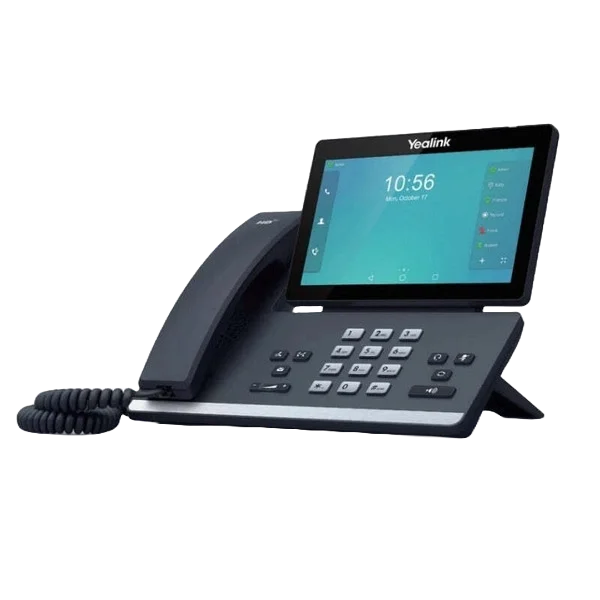 Yealink SIP-T57W – 1301089
Yealink SIP-T57W – 1301089  Grandstream GWN7801
Grandstream GWN7801  Yealink A30-010 – 1206652
Yealink A30-010 – 1206652 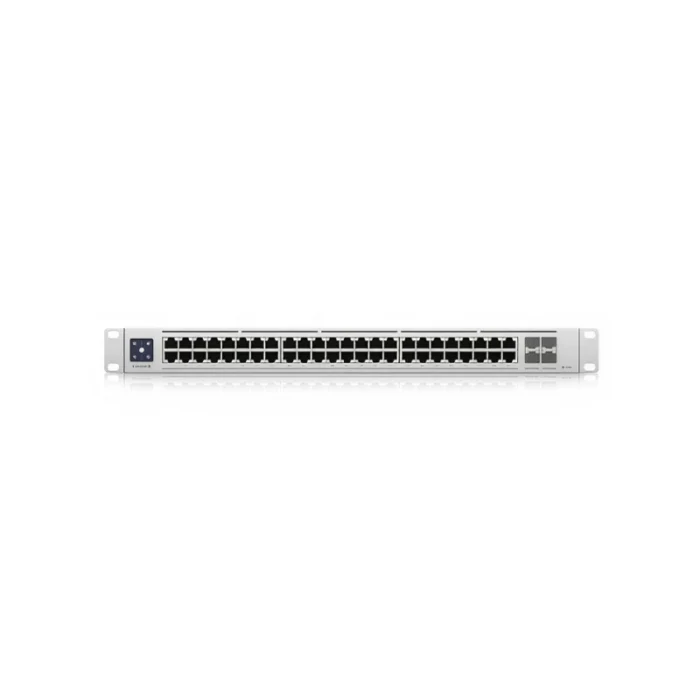 Ubiquiti USW Switch Enterprise 48 PoE
Ubiquiti USW Switch Enterprise 48 PoE 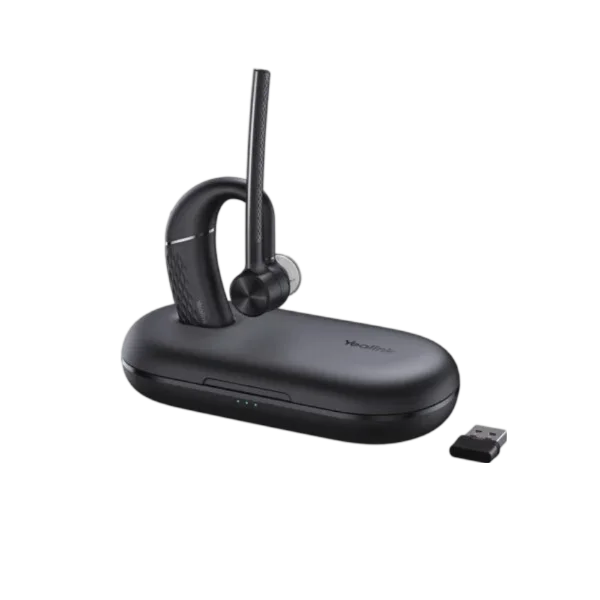 Yealink BH71 Pro v1 – 1208652(V1)
Yealink BH71 Pro v1 – 1208652(V1)  Yealink T27P-T29G Backstand
Yealink T27P-T29G Backstand  Grandstream GWN7604
Grandstream GWN7604  Grandstream GWN7660ELR
Grandstream GWN7660ELR  Grandstream GHP610W
Grandstream GHP610W  Yealink Belt Clips for W56H – 330100001025
Yealink Belt Clips for W56H – 330100001025 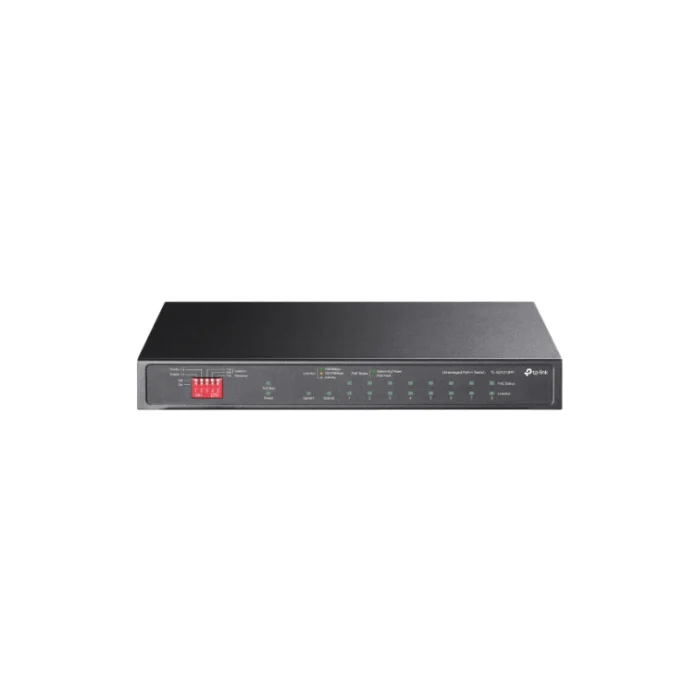 TP-Link TL-SG1210PP
TP-Link TL-SG1210PP  Yealink SP92 with Dongle USB-C/A – 1308169
Yealink SP92 with Dongle USB-C/A – 1308169  Grandstream GWN7660E
Grandstream GWN7660E  TP-Link SL2428P
TP-Link SL2428P 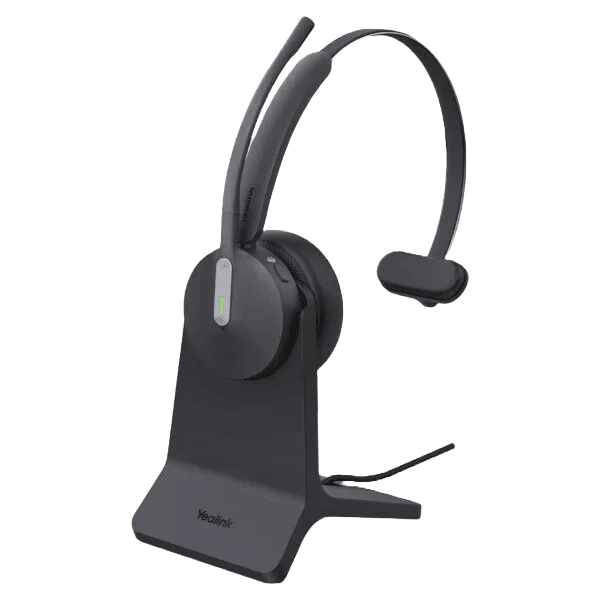 Yealink BH70 Mono with Stand Teams USB-A – 1208694
Yealink BH70 Mono with Stand Teams USB-A – 1208694  Grandstream GWN7701P
Grandstream GWN7701P  Yealink VC500 with Wireless Mic Pods
Yealink VC500 with Wireless Mic Pods 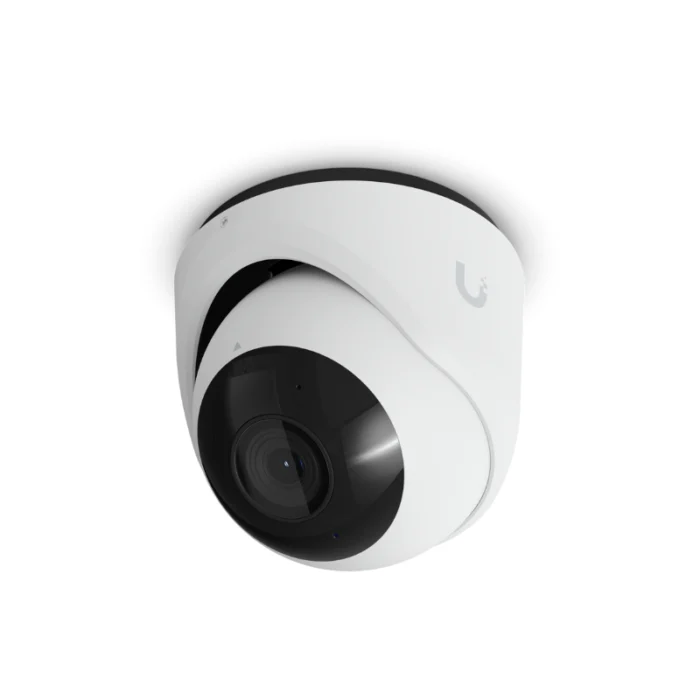 Ubiquiti UniFi G6 Turret Camera White
Ubiquiti UniFi G6 Turret Camera White 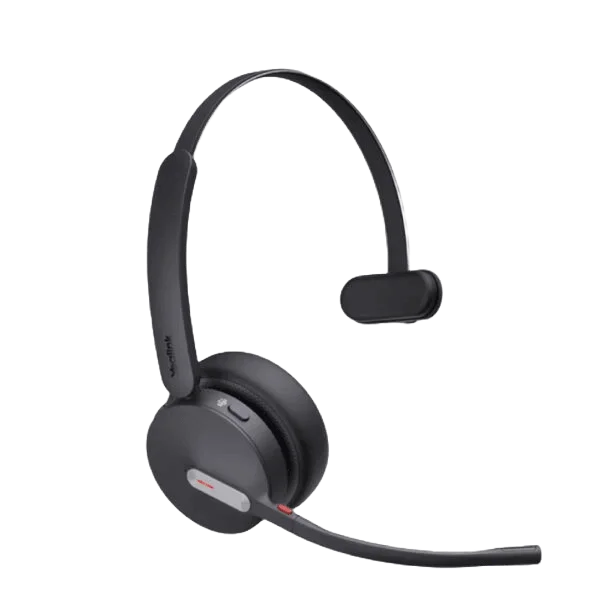 Yealink BH70 Mono Teams USB-A – 1208665
Yealink BH70 Mono Teams USB-A – 1208665 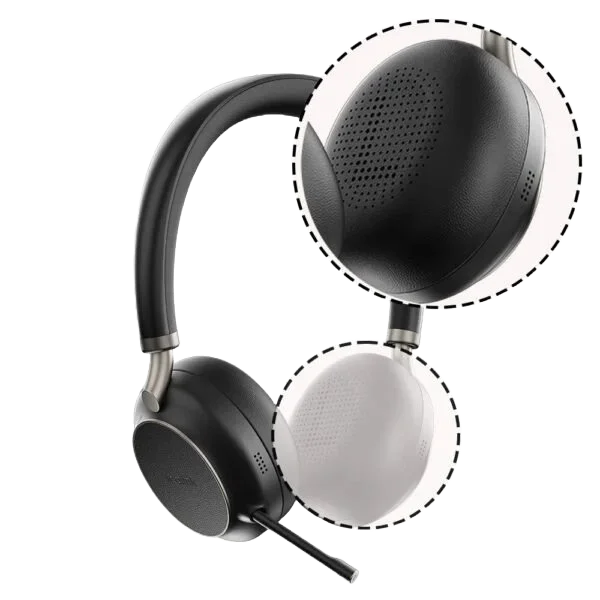 Yealink Black Ear Cushion for BH76 (1 Pair) – 3311011
Yealink Black Ear Cushion for BH76 (1 Pair) – 3311011  Grandstream GWN7664ELR
Grandstream GWN7664ELR 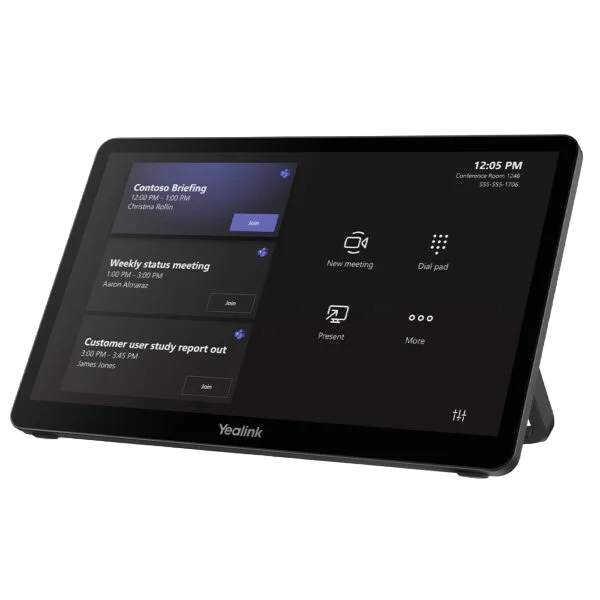 Yealink MTouch Plus-EX Package – 1303092
Yealink MTouch Plus-EX Package – 1303092 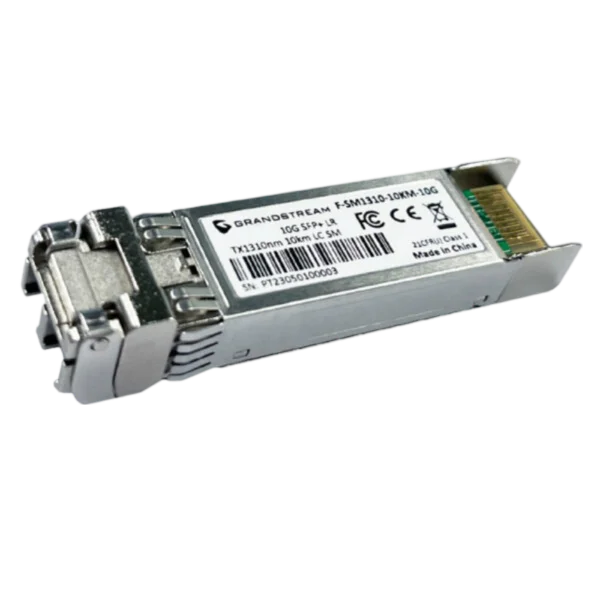 Grandstream F-SM1310-10KM-10G
Grandstream F-SM1310-10KM-10G  Yealink A40-031 – 1206676
Yealink A40-031 – 1206676 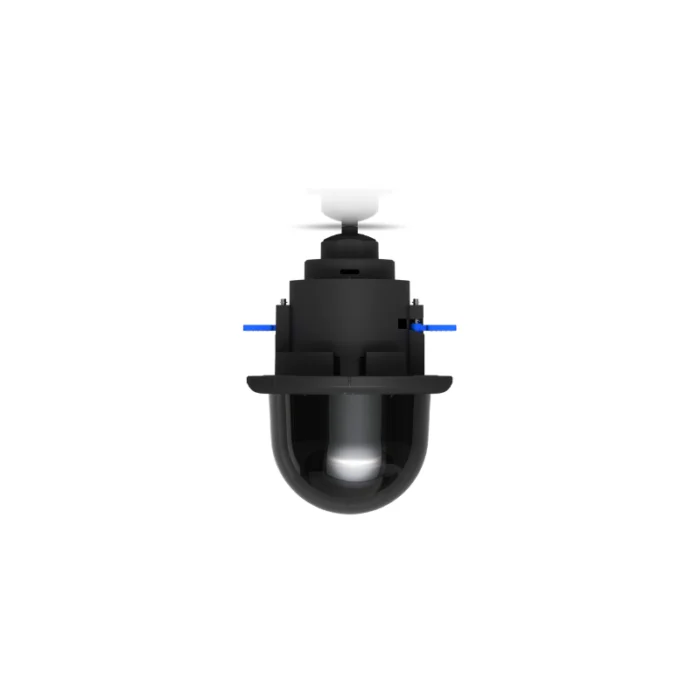 Ubiquiti G5 PTZ In-Ceiling Mount Black
Ubiquiti G5 PTZ In-Ceiling Mount Black  Ubiquiti UA-G2 UniFi Access Reader G2
Ubiquiti UA-G2 UniFi Access Reader G2  Yealink BH70 Dual UC USB-A – 1208664
Yealink BH70 Dual UC USB-A – 1208664 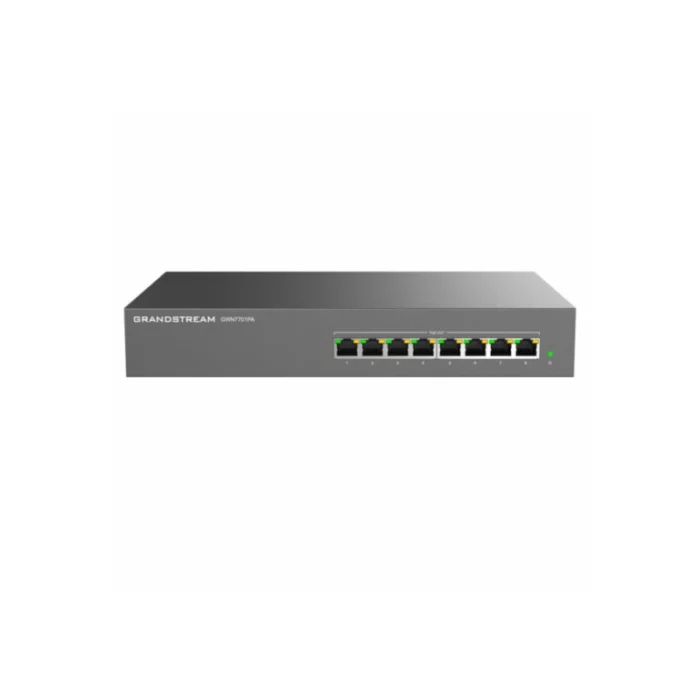 Grandstream GWN7701PA
Grandstream GWN7701PA  Yealink BH70 Dual UC USB-C – 1208668
Yealink BH70 Dual UC USB-C – 1208668  Yealink YHS34 Dual for 3rd Party – 1308090
Yealink YHS34 Dual for 3rd Party – 1308090 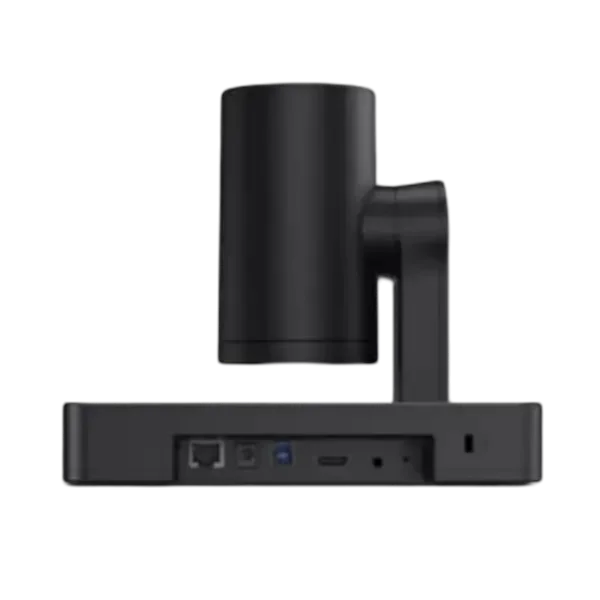 Yealink UVC86 Black – 1206663
Yealink UVC86 Black – 1206663 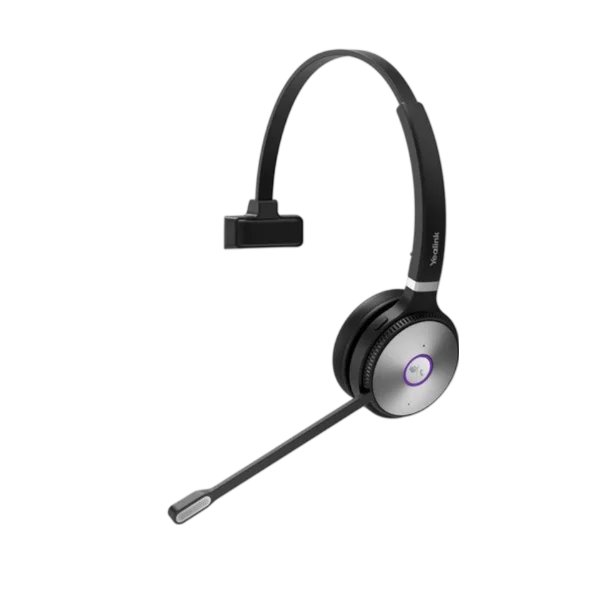 Yealink WHM621T – 1308066
Yealink WHM621T – 1308066  Grandstream GWN7630
Grandstream GWN7630 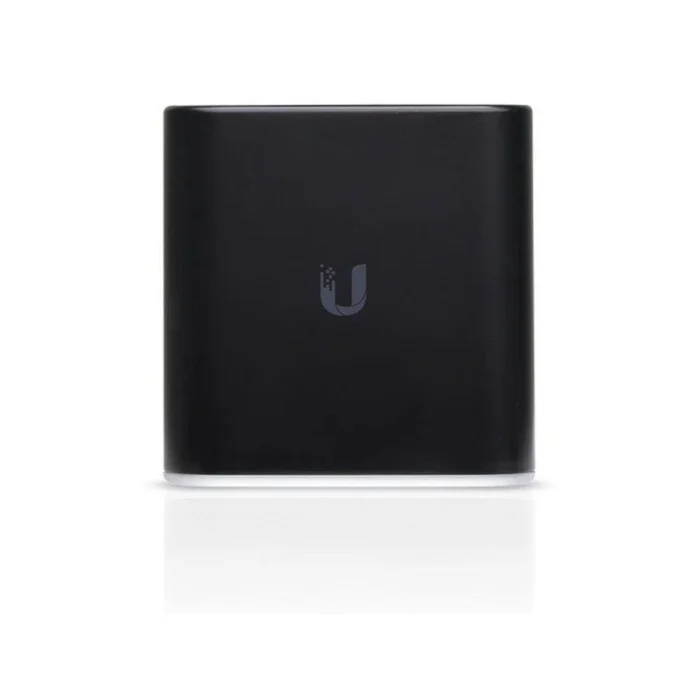 Ubiquiti airCube ACB-AC Dual-Band Wi-Fi Router
Ubiquiti airCube ACB-AC Dual-Band Wi-Fi Router 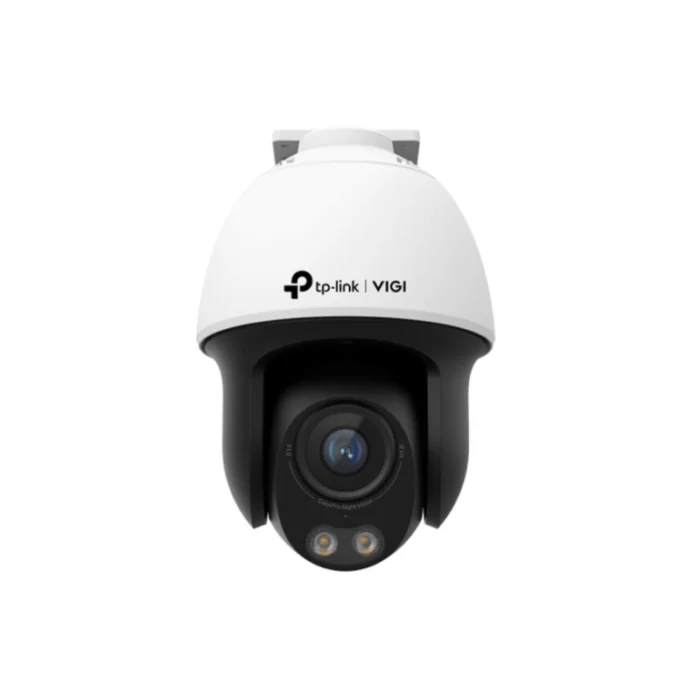 TP-Link EasyCam C540S 4mm
TP-Link EasyCam C540S 4mm  Yealink A30-020 – 1206653
Yealink A30-020 – 1206653 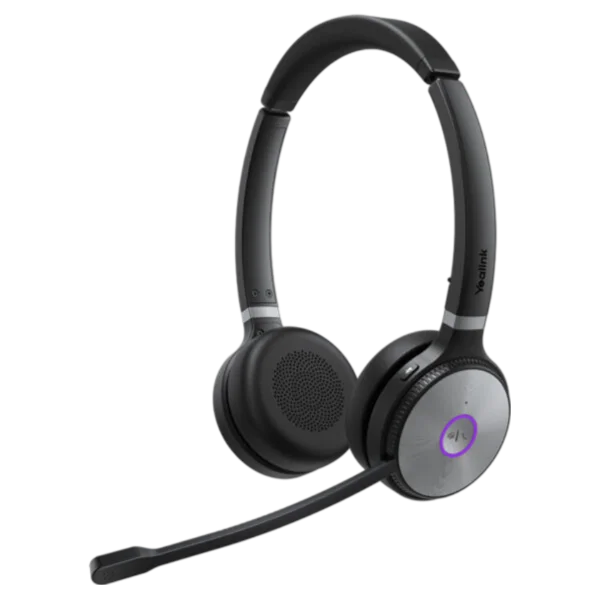 Yealink WHD622T – 1308068
Yealink WHD622T – 1308068 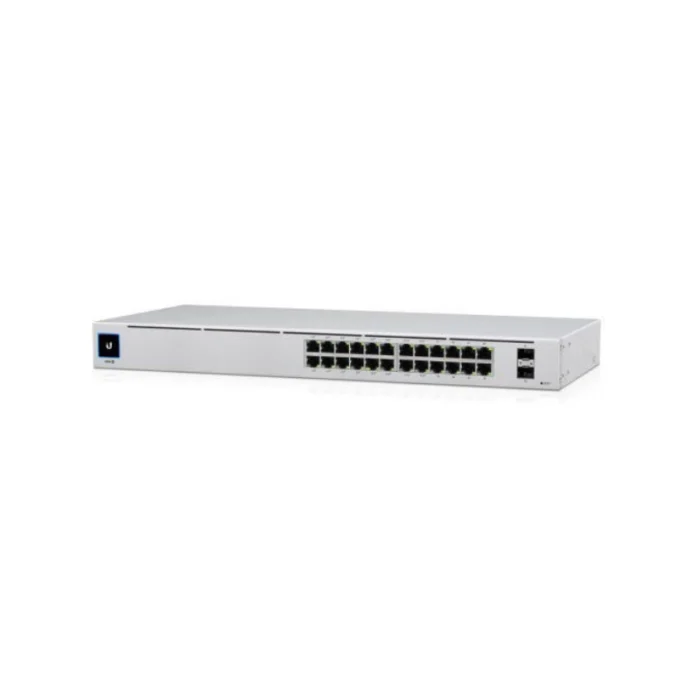 Ubiquiti USW-24-POE UniFi Switch 24 PoE
Ubiquiti USW-24-POE UniFi Switch 24 PoE  Yealink AVHub – 1306011
Yealink AVHub – 1306011 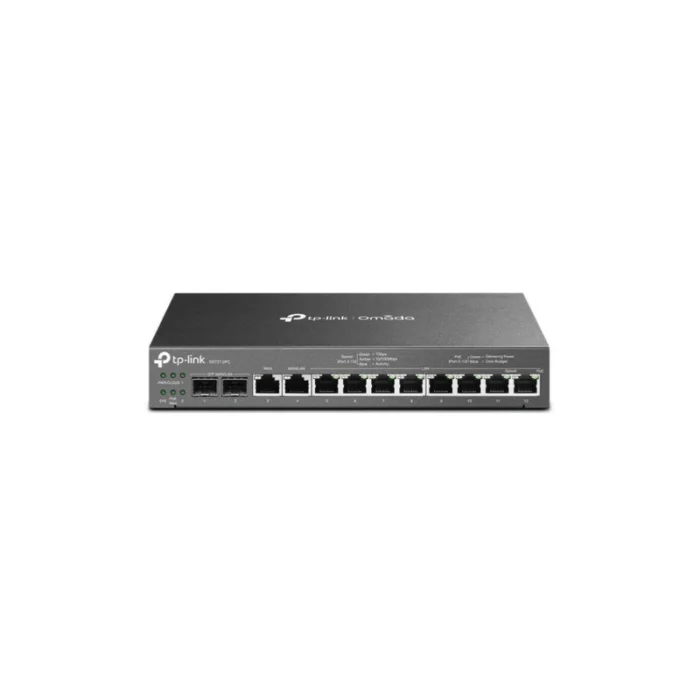 TP-Link ER7212PC
TP-Link ER7212PC  Yealink A10-010 – 1203680
Yealink A10-010 – 1203680  Yealink 5V 1.2A Power Supply – 330000011036
Yealink 5V 1.2A Power Supply – 330000011036 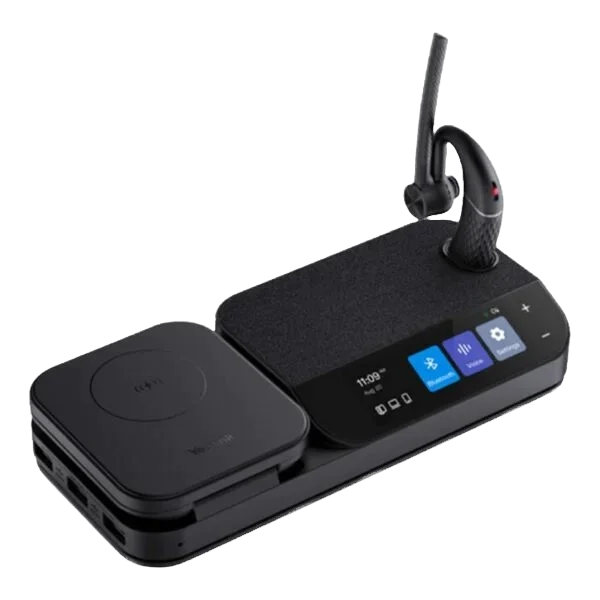 Yealink BH71 Workstation – 1208653
Yealink BH71 Workstation – 1208653 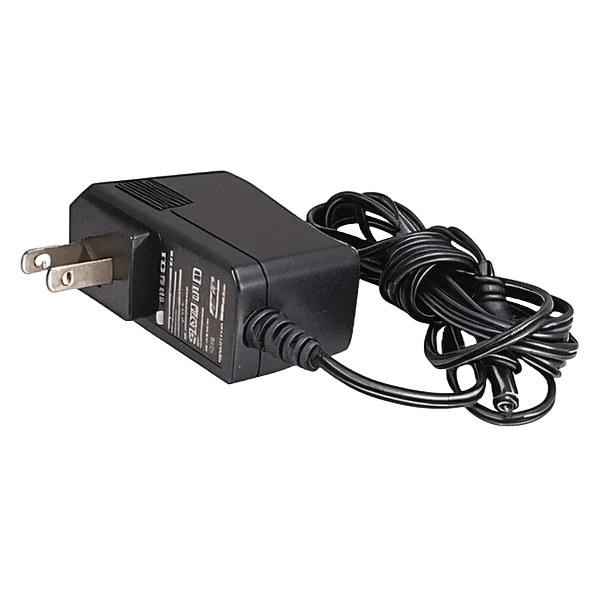 Yealink 12V 1A Power Supply
Yealink 12V 1A Power Supply 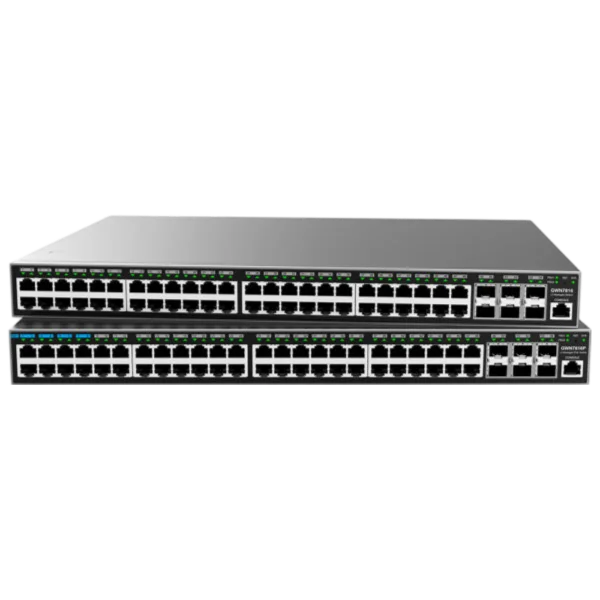 Grandstream GWN7816P
Grandstream GWN7816P  Grandstream GWN7624
Grandstream GWN7624  Yealink BH71 Workstation Pro v1 – 1208654
Yealink BH71 Workstation Pro v1 – 1208654  Ubiquiti UniFi AC SHD Access Point
Ubiquiti UniFi AC SHD Access Point 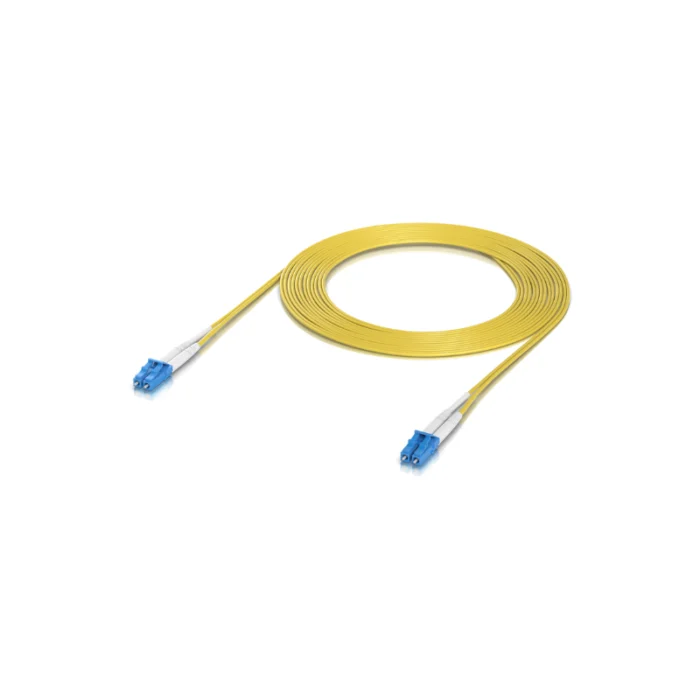 Ubiquiti UACC-OFC-S2-LULU-3M-50PK Cable
Ubiquiti UACC-OFC-S2-LULU-3M-50PK Cable 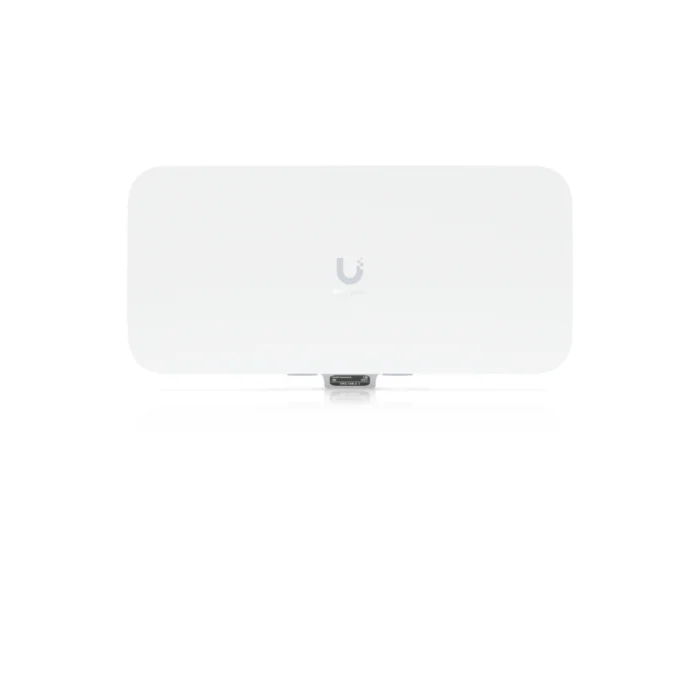 Ubiquiti E7-Audience-US WiFi 7 AP
Ubiquiti E7-Audience-US WiFi 7 AP 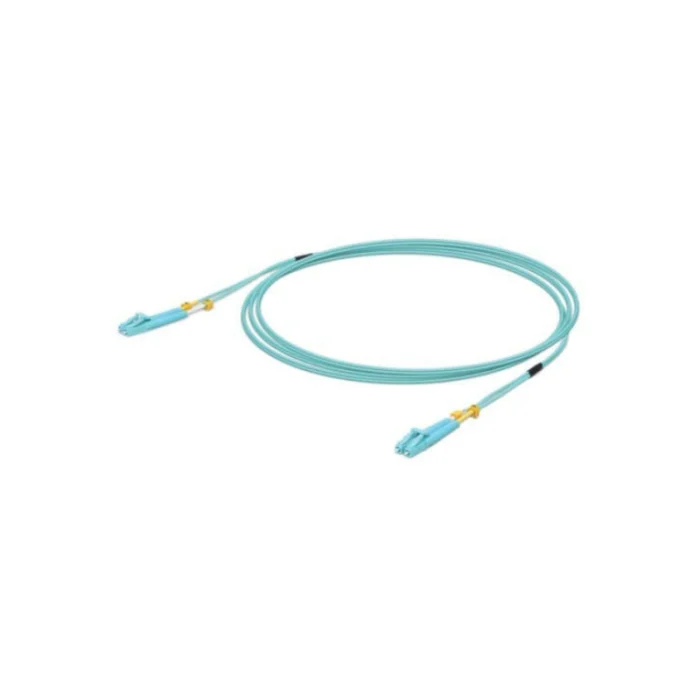 Ubiquiti UOC-5 UniFi ODN Cable 5 Meter
Ubiquiti UOC-5 UniFi ODN Cable 5 Meter  Yealink WH63 Teams – 1308004
Yealink WH63 Teams – 1308004 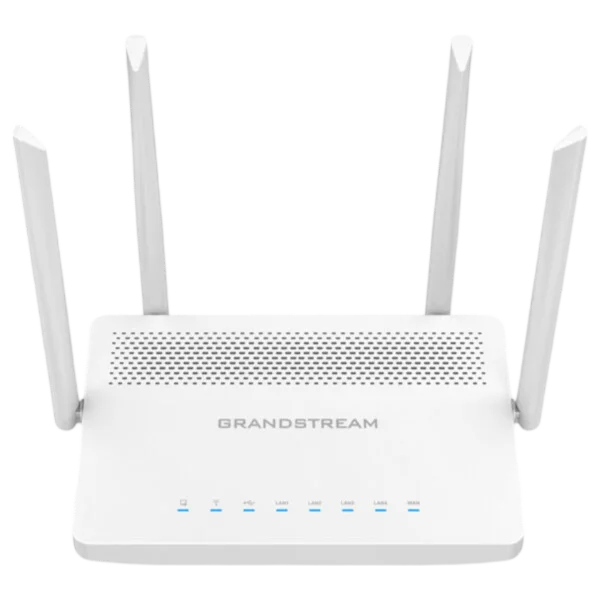 Grandstream GWN7052
Grandstream GWN7052  TP-Link SG3452XP
TP-Link SG3452XP 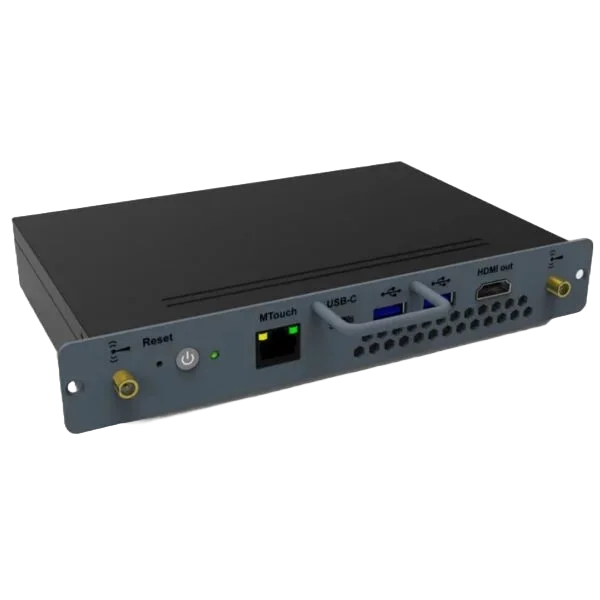 Yealink MCore-OPS – 1303084
Yealink MCore-OPS – 1303084  Yealink BH70 Dual Teams USB-C – 1208667
Yealink BH70 Dual Teams USB-C – 1208667 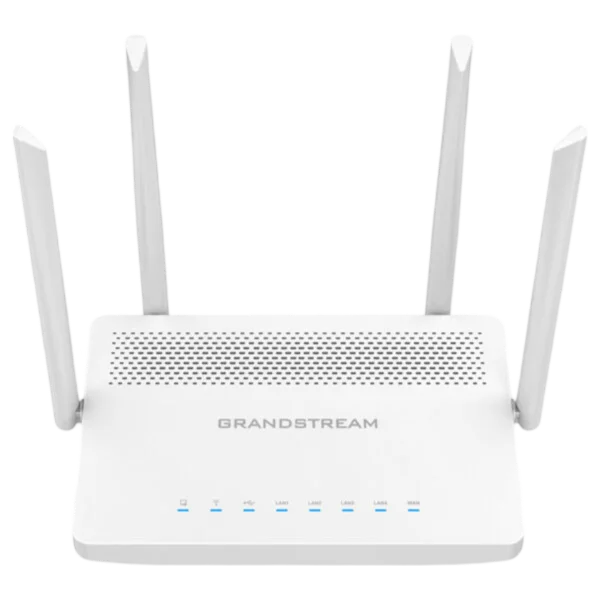 Grandstream GWN7052F
Grandstream GWN7052F 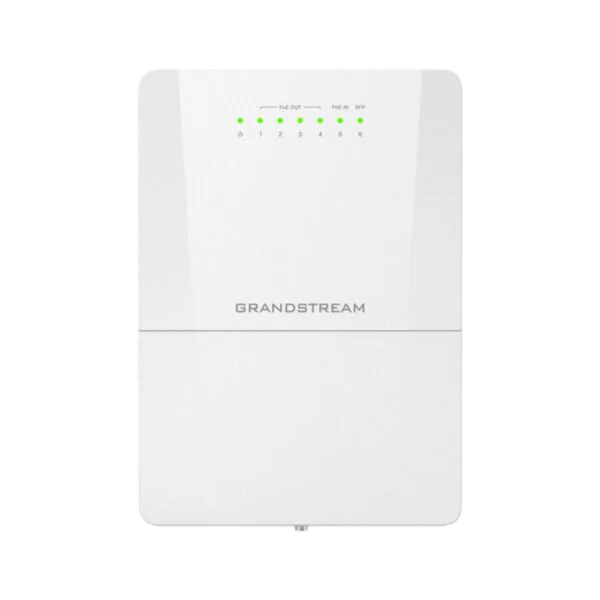 Grandstream GWN7710R
Grandstream GWN7710R 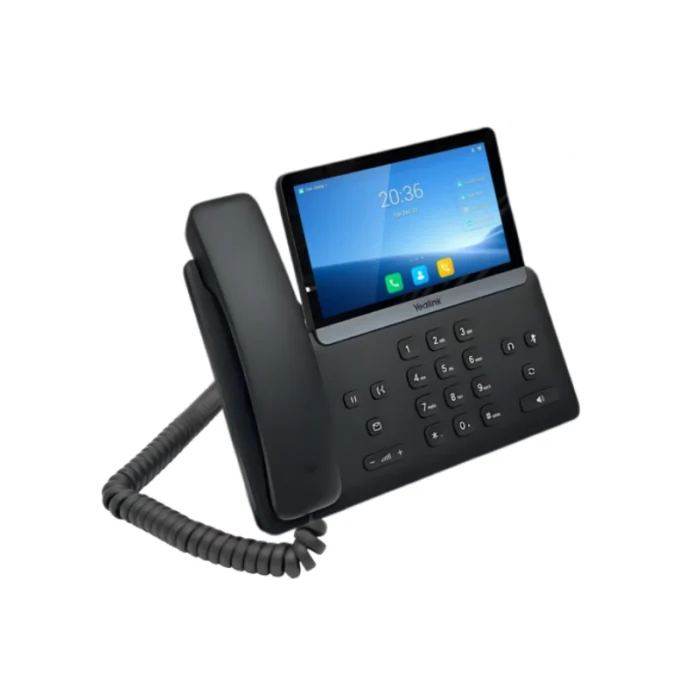 Yealink SIP-T77U - 1301011
Yealink SIP-T77U - 1301011  Ubiquiti PAK-620
Ubiquiti PAK-620  TP-Link Archer TBE550E
TP-Link Archer TBE550E 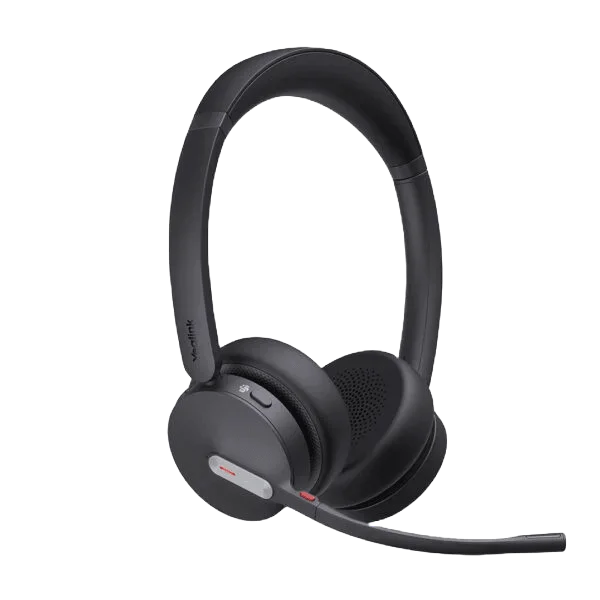 Yealink BH70 Dual Teams USB-A – 1208663
Yealink BH70 Dual Teams USB-A – 1208663 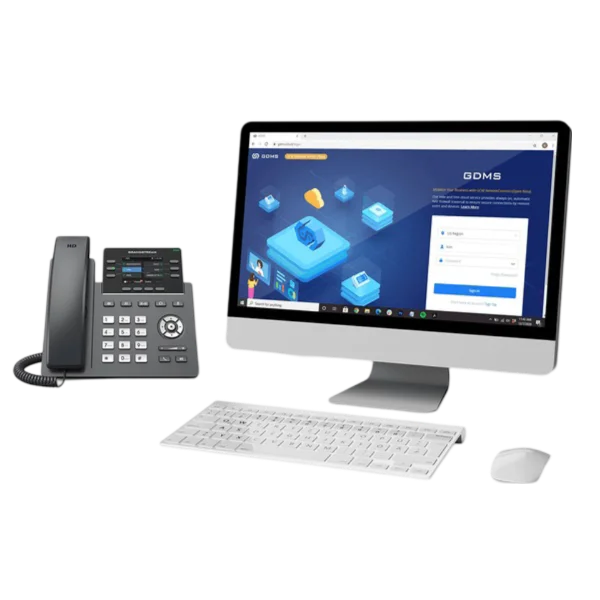 Grandstream GRP2613W
Grandstream GRP2613W  Yealink A24 DeskVision – 1303161
Yealink A24 DeskVision – 1303161 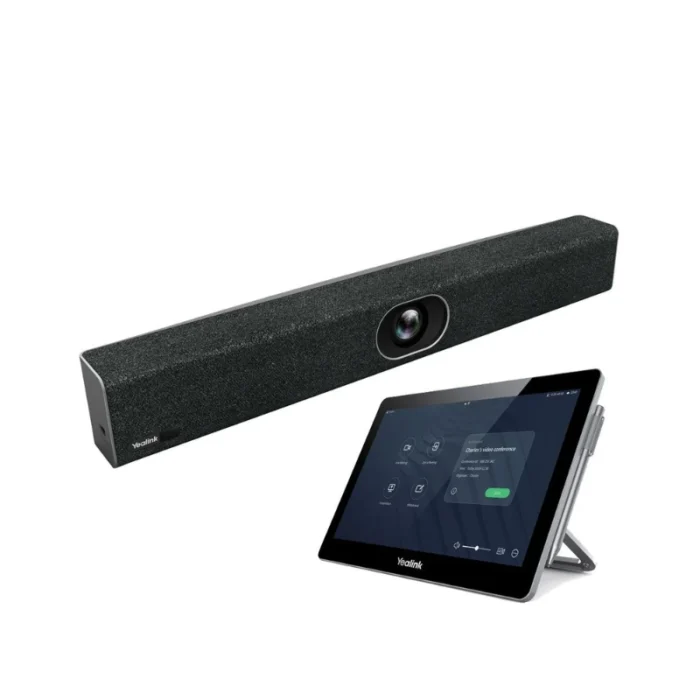 Yealink A20-020 – 1206651
Yealink A20-020 – 1206651 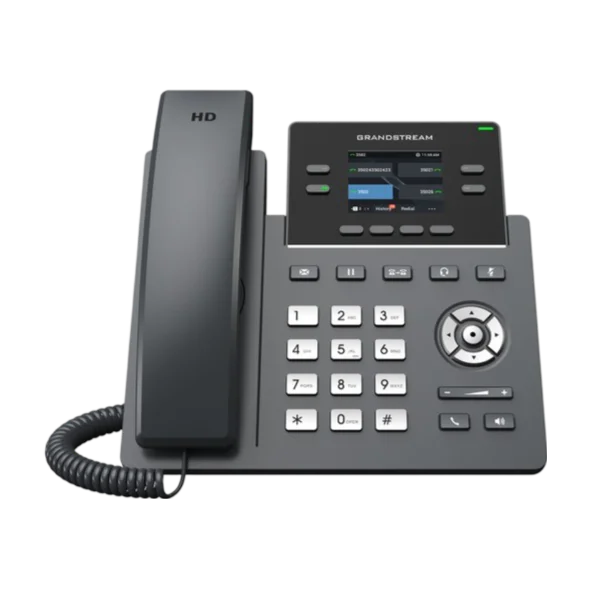 Grandstream GRP2612G
Grandstream GRP2612G 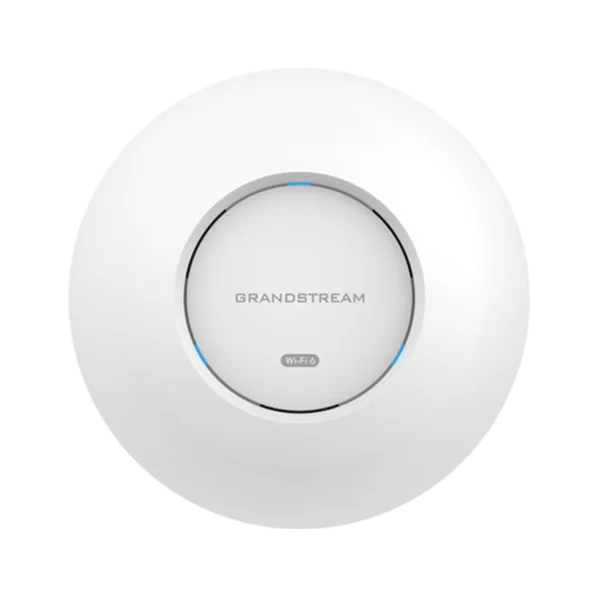 Grandstream GWN7660
Grandstream GWN7660 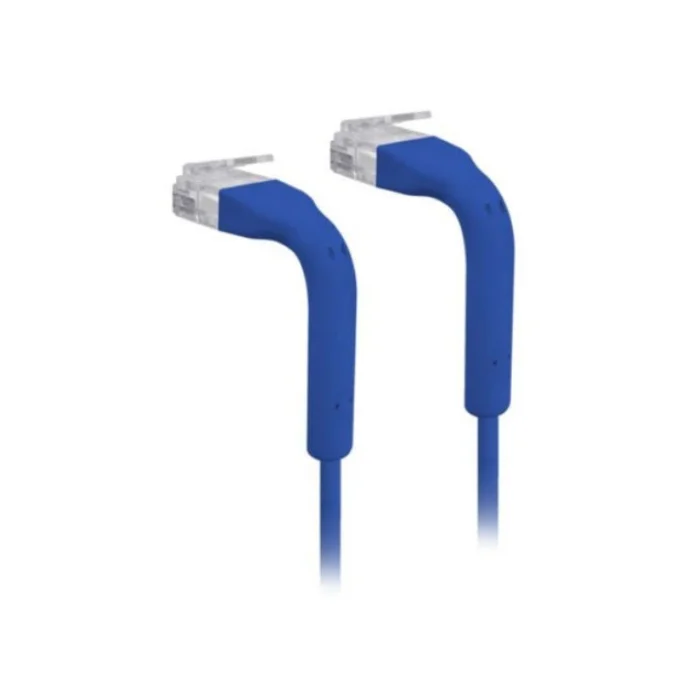 Ubiquiti 0.1m Blue Cat6 Patch Cable RJ45
Ubiquiti 0.1m Blue Cat6 Patch Cable RJ45